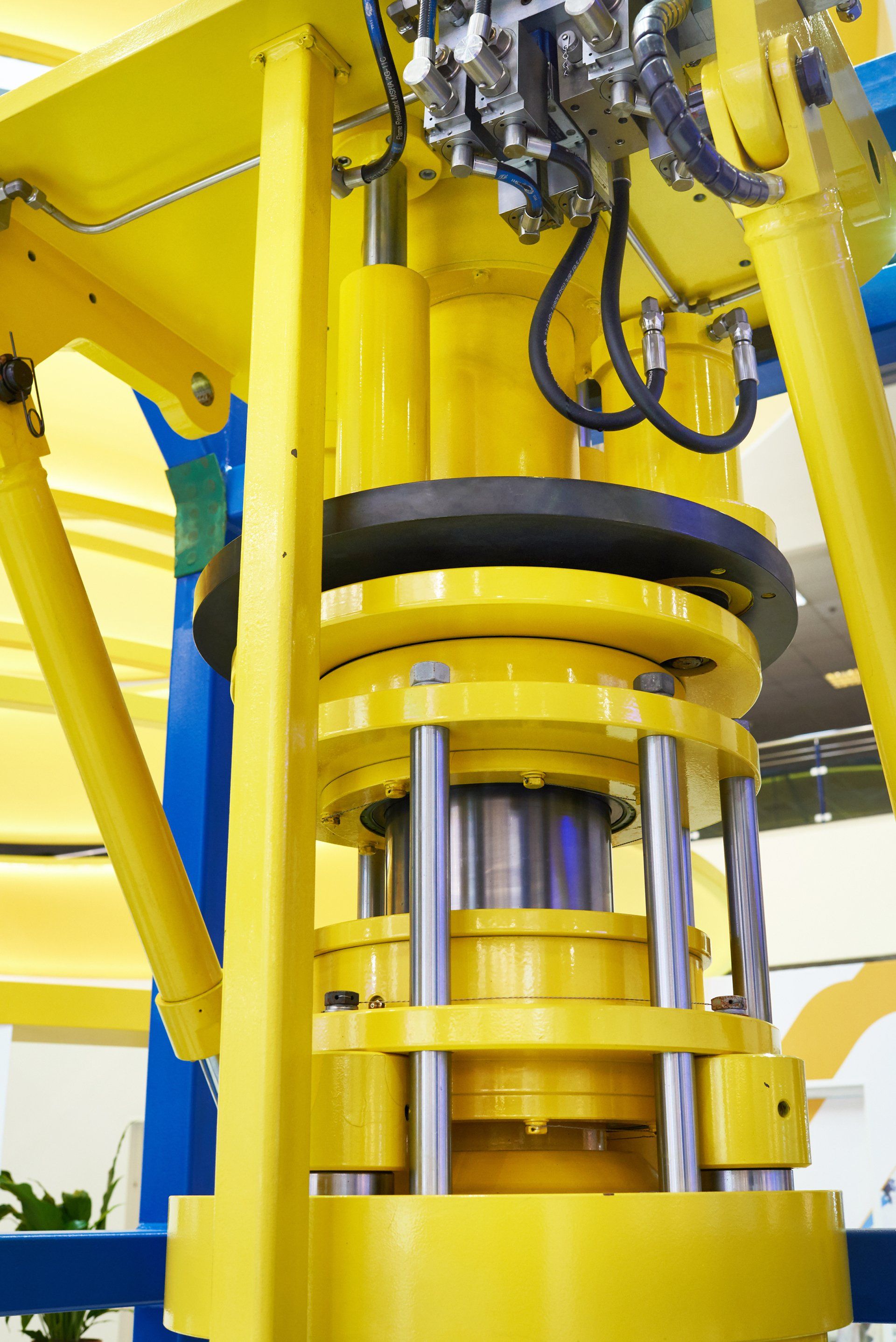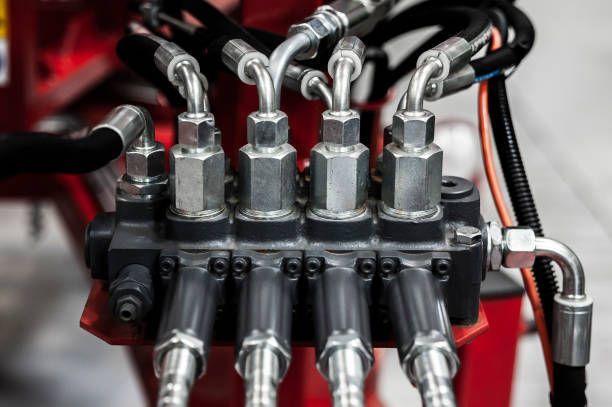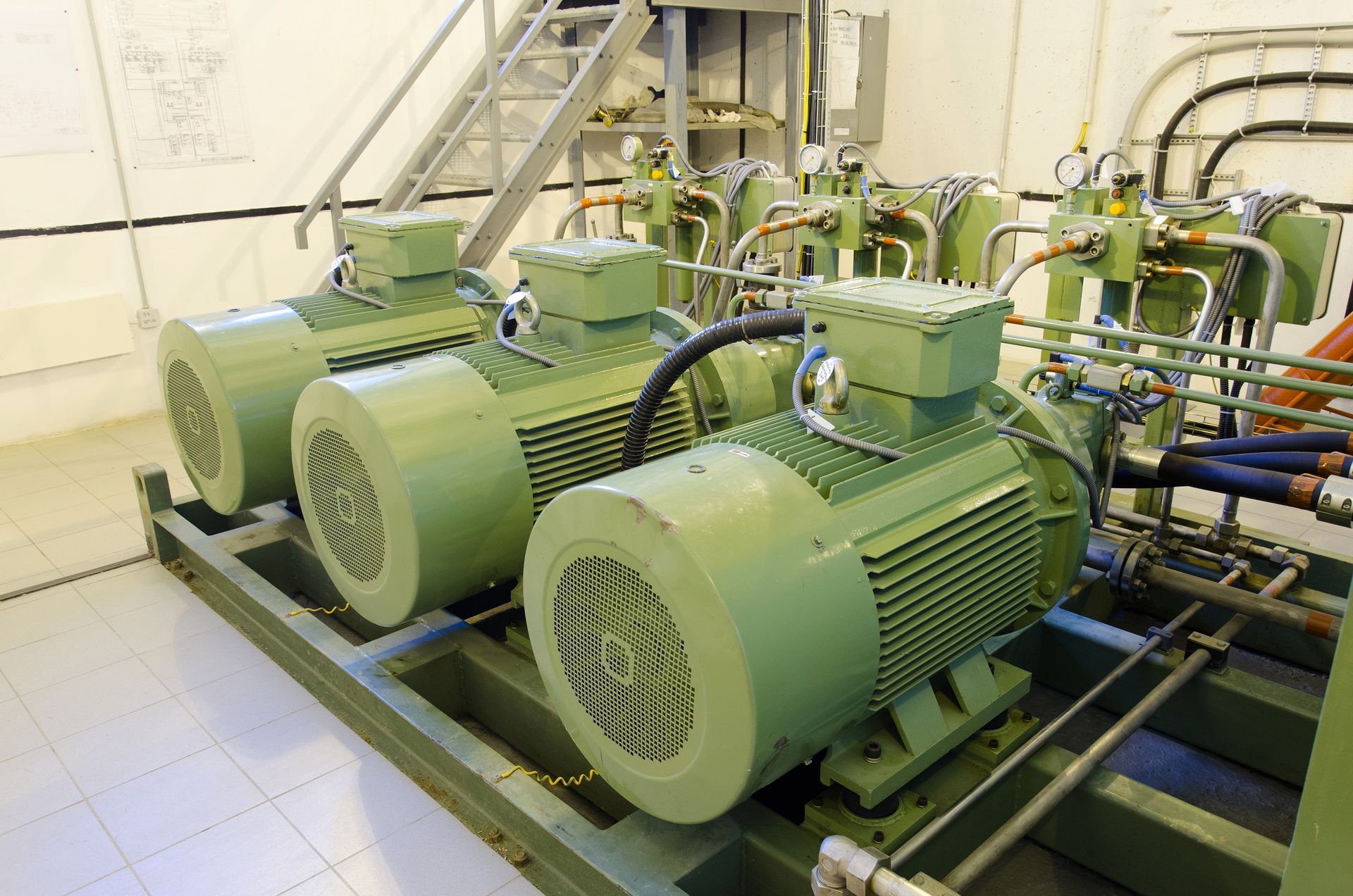4 Factors That Negatively Impact Hydraulic Press Performance
The versatility, accuracy, and reliability of hydraulic presses make them more desirable over their mechanical counterparts. Hydraulic presses are essential in a variety of aerospace, manufacturing, agricultural, and industrial niches.
If your reliance on hydraulic presses has increased over time, you need a way to continue that precedence by avoiding downtime or other adverse scenarios. One way to succeed in production is to avoid poor performance. Here are four factors that negatively impact hydraulic press performance.
1. High Temperatures
Summer may be far off, but high temperature can affect the performance of a press that operates outdoors or in an environment where the temperature is hard to control. Ideally, press oil temperatures should be below 140 degrees. If the temperature gets any higher, the following can occur:
- Stuck valve pools
- Lower machine operating speeds
- Electricity waste as the pump drive motor uses more current
- Hardened O-rings and increase in leaks
2. Dirty Filters
Hydraulic pressoil filters aim to keep particles, water droplets, and other foreign elements out of your operation oil. Oil that is excessively contaminated due to old or dirty filters can damage expensive components and cause eventual failure. Nearly 90%of all hydraulic failures happen because of contamination.
Periodic sampling of oil will reveal the presence of particles as well as its lubricity properties. Sometimes it's better to rely on filter life than on service time, so always follow a routine of checking oil contamination and filters before they become so dirty that bypass occurs.
3. Overlooked Electronics
Hydraulic fluid may be the lifeblood of a press, but the electronics communicate with other important components. To prevent press work loss, never overlook important electronics like coils, relays, and other mechanisms.
Hour meters and cycle counters help keep record of life cycles of coils and relays so that you can make necessary replacements and avoid nasty surprises associated with downtime and frustrating troubleshooting.
Loose control wire connections and shorts can create intermittent operation issues. You can prevent cross contact among electrical components by placing ferrules on the wire ends. Additionally, harness loose wires with wire ways, and cap off spare or unused wires. However, if your system has outdated controls, you should consider upgrading to a new system.
Finally, plumbing failures often signal frayed hoses and improperly crimped fittings. Watch out for hoses that touch one another or fittings that cannot withstand system pressure.
4. Low Pressure Problems
Hydraulic presses rely on continuous pressure at the right level. When pressure levels drop, your machine experiences longer cycle times or slow operation which affects overall workflow. Most pressure problems can be linked to the condition of the pump, but others are often tied to relief valves or actuators.
Lastly, press motors that do not produce enough RPM can also cause a drop in pressure. If you continue to experience low pressure, check for valves that are open too wide or see if dirt is present in the line. Presses that experience consistent low pressure are often near the end of their life.
Don't wait for increased cycle times, part inaccuracies, or other critical hydraulic warning signs to occur. These indicators only validate the fact your hydraulic press is hurting your productivity and your bottom line. Sometimes your press system can be remedied with replacement parts. However, older models can be difficult to repair due to a diminishing parts inventory.
When you need to invest in an upgraded machine, look to Quad Fluid Dynamics, Inc., for your hydraulic press solutions. We can perform rebuilds, repairs, or a complete custom design to help increase your hydraulic press capacity.



